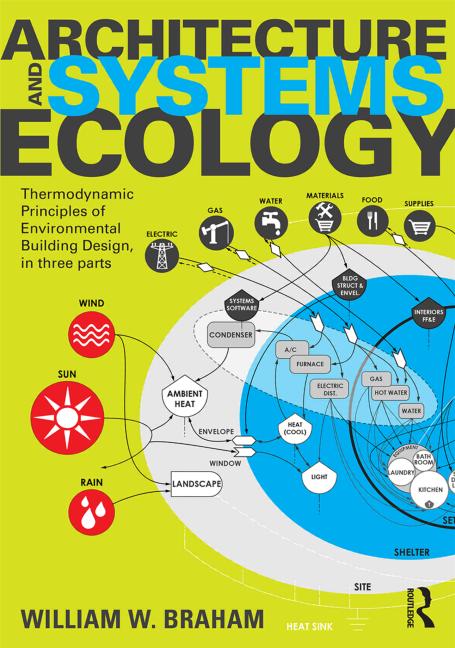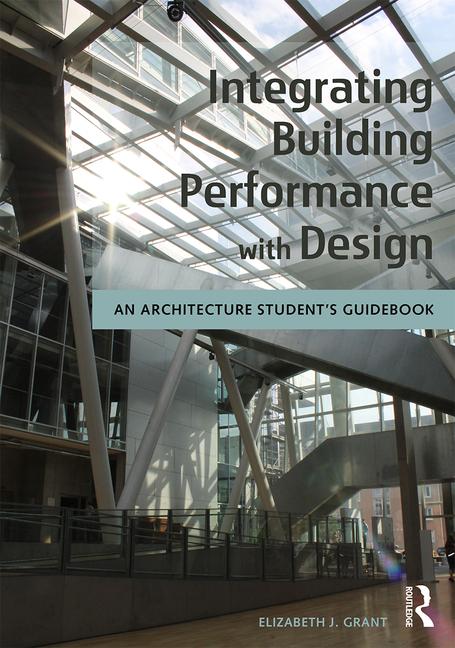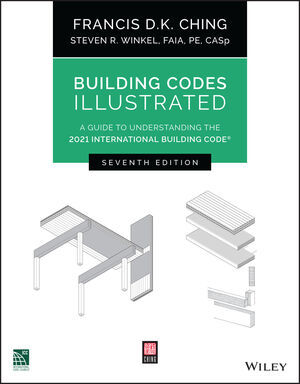IFC and Architecture 2030 to Collaborate

IFC, a member of the World Bank Group, is partnering with Architecture 2030 to support the international architecture and building community in designing zero net carbon (ZNC) buildings. The collaboration is the result of extensive strategizing between IFC’s EDGE green buildings team and Architecture 2030 to work together to share knowledge, align platforms, coordinate training, and jointly promote each other’s efforts, paving the way to a more sustainable future.
Architecture 2030 is a prominent think tank working to rapidly transform the global built environment from the major contributor of greenhouse gas emissions to a central part of the solution to the climate crisis. IFC, the largest global development finance institution focused on the private sector in emerging markets, created the EDGE program in response to the need for a measurable solution proving the financial case for building green. EDGE includes a green building certification system with free software.
As part of the partnership with Architecture 2030, the EDGE software has been enhanced to include carbon reporting, as well as recognition for the procurement of off-site renewable energy and carbon offsets. The objective of this enhancement is to reward property developers with building projects that come as close as possible to carbon neutrality through on-site efficiency strategies, and then add the installation or procurement of renewable energy to achieve ZNC. While the intention of EDGE is to help meet a minimum standard of 20 percent less energy consumption than a typical building, the software can now support buildings targeting ZNC design.
Additionally, Architecture 2030 will connect IFC’s EDGE program and platform to its vast network of architects, beginning with training opportunities for local design institutes in China offered in the fall of 2017. Already, 59 major architecture and planning firms in China have committed to designing their buildings and developments to meet low carbon or carbon neutral standards via the China Accord.
Finally, Architecture 2030 has adopted energy consumption baselines from the EDGE software for those projects seeking to meet the 2030 Challenge outside of the U.S. and Canada. IFC’s EDGE baselines are sophisticated sets of city-based climate and cost data, consumption patterns, and algorithms for a variety of building types in 131 countries. This announcement serves to support the growing number of international project owners striving to meet the 2030 Challenge targets, including those from firms participating in the American Institute of Architects’ 2030 Commitment. The AIA also supports the use of EDGE baselines by encouraging signatories of the 2030 Commitment to use the EDGE software when benchmarking international projects. In the near future, Architecture 2030 will incorporate the EDGE baselines into its Zero Tool, which is used by architects to estimate building fossil fuel energy consumption baselines and targets.
“With the anticipated and unprecedented growth of the building sector in China, India, and other developing countries, it is essential that designers have the capability to measure the energy and emissions impacts of their projects and immediately target ZNC as a viable design strategy,” said Edward Mazria, CEO and Founder of Architecture 2030. “EDGE provides locally relevant baselines for the international design community, and its inclusion of onsite and offsite renewable energy provides a critical pathway for zero net carbon buildings in rapidly urbanizing areas.”
“The property sector is becoming smarter about the competitive advantages of designing buildings that express an elevated commitment to environmental stewardship,” said Prashant Kapoor, IFC’s Principal Green Building Specialist and the entrepreneur behind EDGE. “While EDGE is intended to be inclusive in helping all architects to reach a minimum standard of green, our collaboration with Architecture 2030 will address the market for those performers who aspire to the highest level of design.”
Looking for a reprint of this article?
From high-res PDFs to custom plaques, order your copy today!








